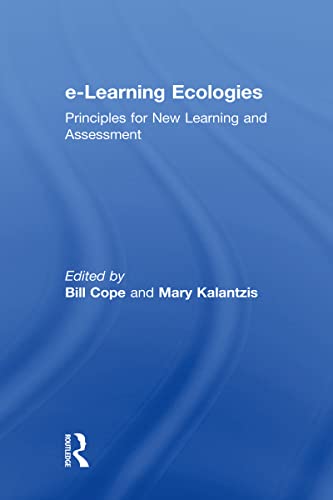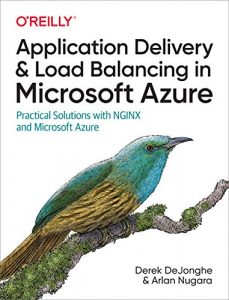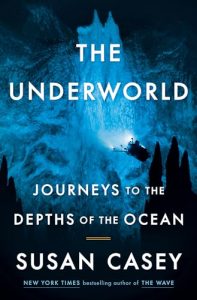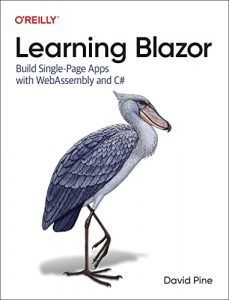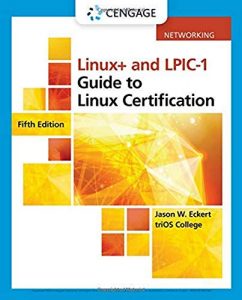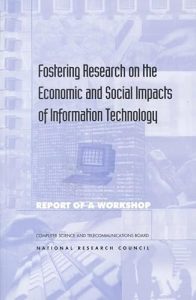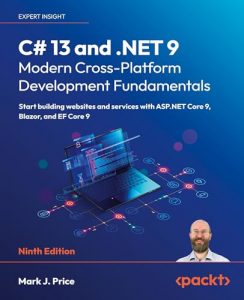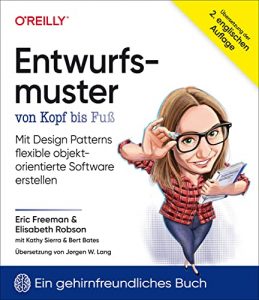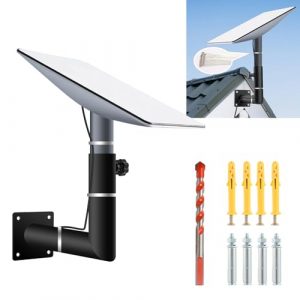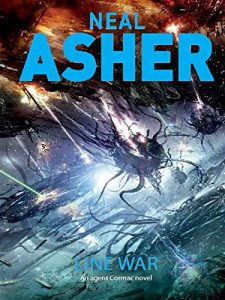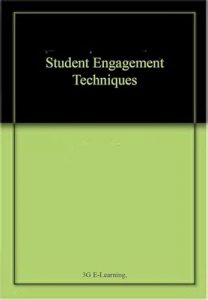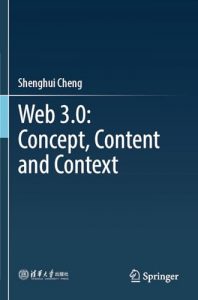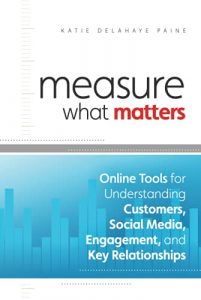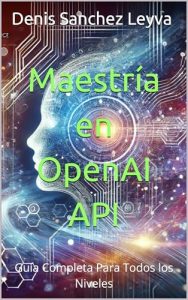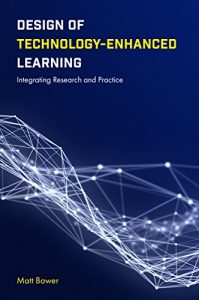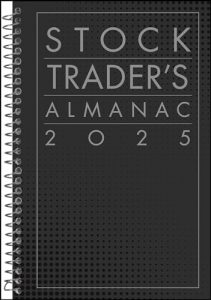1. e-Learning Ecologies: Principles for New Learning and Assessment
In an age where education is rapidly evolving, “e-Learning Ecologies” by Bill Cope and Mary Kalantzis stands out as a crucial read for anyone involved with online education. This book delves into transformative learning practices that are reshaping traditional educational experiences into more engaging, technology-integrated approaches. It emphasizes the concept of ecologies of learning, enabling educators and learners to understand their roles within dynamic systems. By bridging theory and practice, this guide emphasizes the importance of adaptability in assessment methodologies. A must-read for educators aiming to harness the full potential of digital technologies in their teaching.

2. e-Learning and the Science of Instruction: Proven Guidelines for Consumers and Designers of Multimedia Learning
This timeless book by Ruth Colvin Clark and Richard E. Mayer is essential for both creators and users of e-learning tools. Combining rigorous research with real-world applications, it offers concrete guidelines that inform the design of effective multimedia learning systems. The authors meticulously explain five critical principles that form a foundation for enhancing learning experiences through thoughtful design. Whether you’re a designer striving for excellence or a consumer seeking to maximize learning outcomes, this guide is indispensable. Enhance your understanding of cognitive learning processes today!

3. E-Learning Companion: A Student’s Guide to Online Success
If you’re a student navigating the complexities of online education, then “E-Learning Companion” by Ryan Watkins and Michael Corry is your go-to resource. This easy-to-follow guide lays out practical strategies that students can implement to achieve academic success in a digital learning environment. It addresses essential skills such as self-regulation, digital literacy, and effective communication, equipping learners with the tools they need to thrive. The engaging layout and insightful examples make it an invaluable companion for students striving to excel in their e-learning journeys.

4. Evaluating E-Learning (Connecting with E-learning)
Rob Phillips presents an insightful exploration into the evaluation of e-learning programs in “Evaluating E-Learning.” This book underscores the importance of assessment in understanding the effectiveness of e-learning environments. Phillips offers tools and methodologies for evaluation that enable educators to assess both instructional design and learner engagement. By implementing these strategies, institutions can not only improve their e-learning offerings but also enhance student learning experiences. It’s an essential read for administrators and educators who want to ensure their online programs produce measurable results.

5. Scenario-based e-Learning: Evidence-Based Guidelines for Online Workforce Learning
In “Scenario-based e-Learning,” authors Ruth C. Clark and Richard E. Mayer provide a groundbreaking approach to workforce learning through immersive scenarios. This book combines research and practical advice, showing how well-structured scenarios can significantly enhance learning retention and application. It offers guidelines on creating engaging and realistic learning experiences that cater directly to workforce needs, making it an invaluable resource for training professionals. If you’re looking to update your training methodologies with evidence-based practices, this book is an essential guide.

6. E-Learning Uncovered: Articulate Storyline 360 (2nd edition)
Diane Elkins, Desirée Pinder, and William Everhart offer a skillful guide to Articulate Storyline 360 in their book, “E-Learning Uncovered.” This edition provides readers with comprehensive insights into creating compelling, interactive e-learning experiences. With step-by-step instructions and numerous design tips, readers can unleash the full potential of Articulate Storyline to produce visually stunning and effective e-learning courses. Whether you are a novice or an experienced designer, this book is a vital reference that will inspire and elevate your e-learning design capabilities.

7. E-learning with Camtasia Studio
David B. Demyan’s “E-learning with Camtasia Studio” is a must-have guide for anyone looking to create dynamic video content for e-learning. This book reveals a straightforward approach to harnessing the power of Camtasia Studio, enabling instructors and designers to produce high-quality instructional videos. With practical examples, tips, and techniques, readers will learn how to effectively engage learners through visual storytelling. In the modern age of learners seeking engaging content, this guide is essential for anyone aiming to elevate their e-learning productions.


